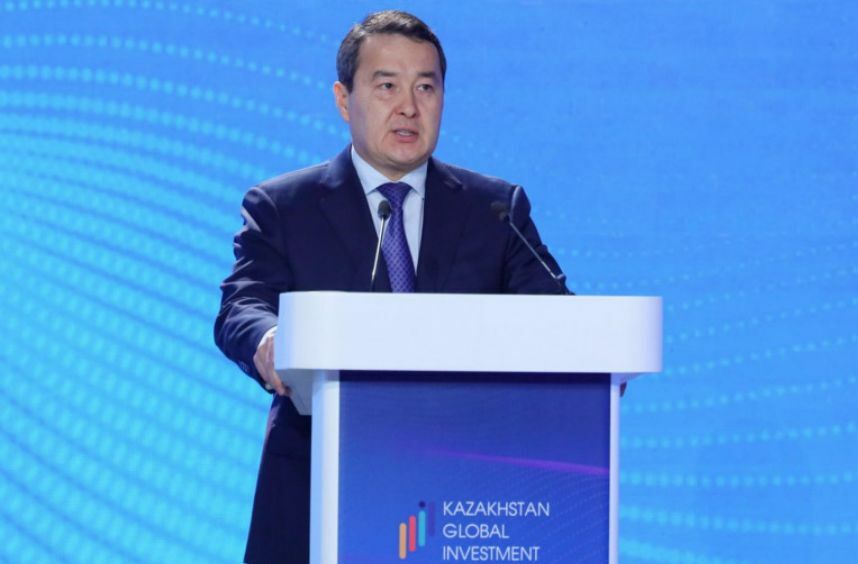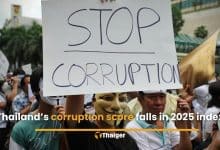Kazakhstan courts ASEAN investors to become Central Asia’s investment hub

Kazakhstan is reaching out to foreign investors, particularly from the Association of Southeast Asian Nations (ASEAN), in a bid to establish itself as a central investment hub in the Central Asia Region.
The Kazakh government has expressed interest in mutual economic development with the Southeast Asian region, according to Deputy Minister of Foreign Affairs Roman Vassilenko. He made these remarks during the 6th Kazakhstan Global Investment Roundtable.
Kazakhstan Prime Minister Alikhan Smailov recently visited Vietnam and Thailand to foster economic ties. He urged businesses from these nations to invest in Kazakhstan and invited their citizens to experience Kazakhstan as tourists. Vassilenko noted the increasing number of Kazakh tourists travelling to Thailand and welcomed Thais to visit Kazakhstan, viewing these exchanges as a positive step towards further economic development.
Vassilenko emphasised the Kazakh government’s eagerness to attract foreign investment to stimulate growth. The government plans to enhance public infrastructure, particularly logistical links with regions such as Europe, the United States, and the Middle East, to facilitate foreign investors.
The investment roundtable in Astana attracted 500 delegates from local and international firms, authorities, and thought leaders. The discussion primarily revolved around investments for sustainable regional growth in vital sectors, including transport, logistics, agriculture, and innovative technologies.
Kazakhstan investment soars
Over the past decade, Kazakhstan’s GDP has increased by 4.9%, with investments in fixed capital growing by 12.6%, equating to 13.3 trillion Kazakhstani Tenge (US$28.8 billion). At the regional level, Kazakhstan absorbs 70% of foreign investment in Central Asia. Last year, total FDI grew by 18%, reaching US$28 billion. In the first half of this year, foreign investors have already invested US$14 billion.
The Kazakh government plans to eliminate superfluous trade and investment regulations. So far, it has cut 11,000 such rules, with an additional 9,000 set to be abolished by the end of the year. Special tax packages, including a tax code to boost manufacturing industries that grant a three-year tax exemption to investors, have also been offered as part of a programme to support SMEs.
Furthermore, the government has introduced a tariff-for-investment exchange programme to attract investments in intricate oil and gas projects. Smailov revealed that agreements on investment promotion and mutual protection have been signed with 53 countries, with more than 20 commercial agreements worth over US$1.6 billion expected to be signed at the roundtable event, reported Bangkok Post.
Kit Matthew Simmons, a board member of Astana Motors in Kazakhstan, commended the Kazakh government’s efforts to encourage foreign business partnerships. He stressed the importance of government support for businesses, including investment in infrastructure and cross-border development. Kazakhstan, the sixth-largest country by agricultural land area, uses 80% of its land for agricultural production and is rich in natural resources, including rare earth metals.
Latest Thailand News
Follow The Thaiger on Google News:


























